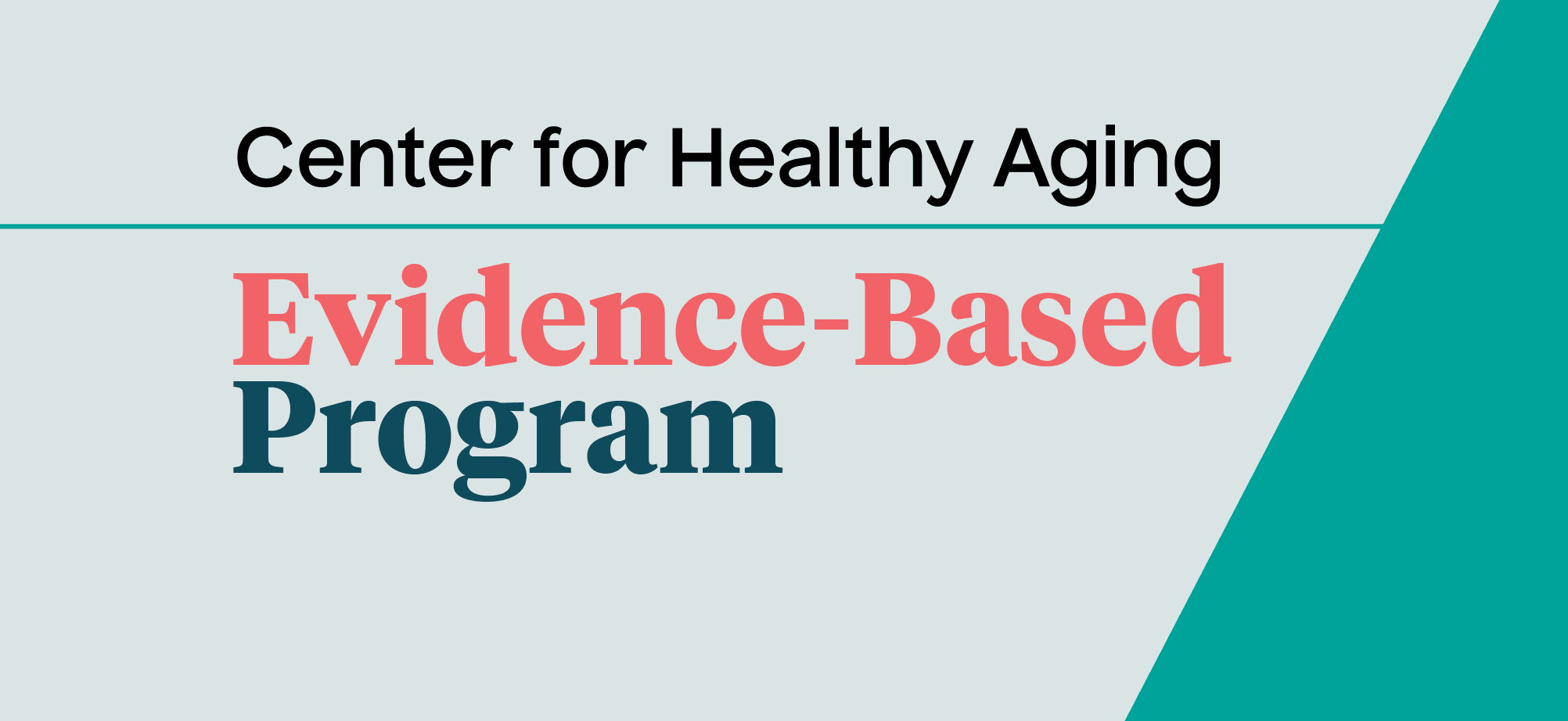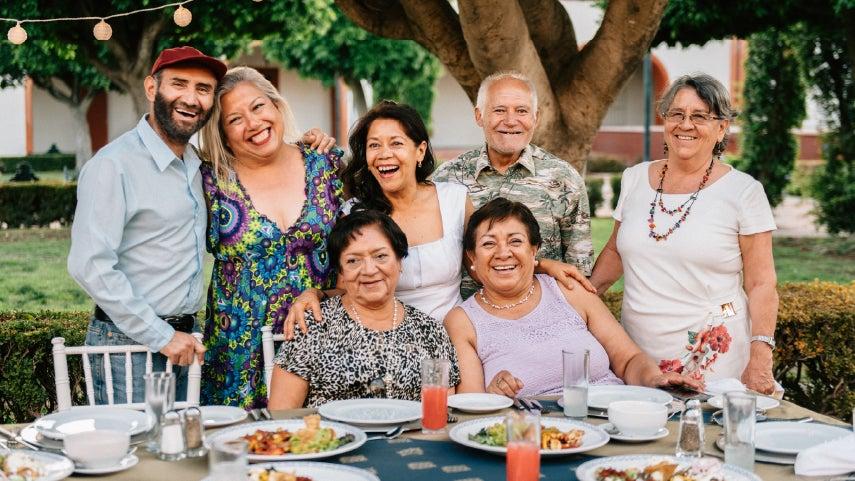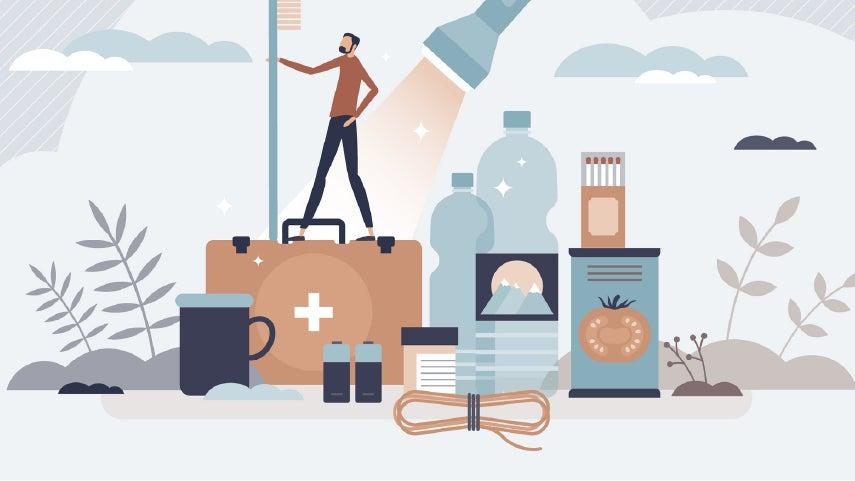Frequently Asked Questions: Technology Resources for Remote Evidence-Based Programs
4 min read

Related Topics
This list of frequently asked questions can help with connecting older adults to technology and internet services. If you have used any other helpful resources, please share with us by emailing healthyaging@ncoa.org.
Where can I get free or discounted tablets and devices?
- Work with your Area Agency on Aging to see if they can assist with providing tablets.
- Contact technology companies and cell phone providers to inquire if they are open to partnering and donating devices to older adults and people with disabilities. For example, NCOA’s Aging Mastery Program partnered with Verizon a few years ago to provide 200 tablets for older adults.
- Consider purchasing devices in bulk and inquire about the cost differences between new and refurbished options.
- Find a company in your area that refurbishes used devices and sells them at a reduced cost or donates them to 501(c)(3) charitable organizations. Suggested organizations include digitunity.org and PCs for People.
- Establish a technology lending library (i.e. iPad, tablet, laptop) or check around your community for existing lending libraries, which may be housed at libraries, universities, area agencies on aging, or other community sites. Research whether participants can borrow a tablet for the duration of a program or even longer. If you are beginning a new lending library, see this sample lending library agreement from South Dakota State University.
- If the participant resides with family members, see if they can borrow a device to access services, engage with others, or participate in a health promotion workshop.
What are some resources for older adults to get internet access?
- Lifeline Support: Lifeline is a federal program to make phone and internet service more affordable for low-income households. Eligible consumers can get up to $9.25 off the cost of phone, internet, or bundled services. Consumers living on Tribal lands are eligible for an enhanced discount of up to $34.25 per month.
- Individual participants must first apply to confirm they qualify for the Lifeline program. When qualified, participants will then find and choose a phone or internet company near them that offer the lifeline benefits and sign up for service with them. They can also ask their current company to apply their Lifeline benefit to a service they are already getting.
- If older adults reside in an assisted living community, check to see if the building management company provides internet service.
- National Church Residences, the nation's largest non-profit provider of senior affordable housing, has worked to provide building-wide Wifi and devices through pilot programs at some of their affordable housing locations. They have also engaged their Benefits Enrollment Coordinators and Service Coordinators to find opportunities for residents to improve their digital skills and access to benefits and affordable internet.
- They've also developed the Digital Connectivity Toolkit: A Guide to Connecting Seniors with Affordable Internet for professionals to reference.
Note: Organizations using technology to communicate with residents on health care or assisting residents with telehealth should make sure they are compliant with HIPAA requirements.
- For individuals who need assistive technology, start by contacting your state's AT Program for information and assistance. This program may be able to introduce comparable products with similar features at various prices. People can also borrow devices to try at home, school, work, or elsewhere and decide whether it's for them.
- Learn more about the program at the National Assistive Technology Act Technical Assistance and Training Center.
Can we use a portion of our funding to equip older adults with devices?
The Administration for Community Living (ACL) has provided the following guidance:
“ The purchase of necessary technology is allowed, as long as grantees adhere to federal rules governing these purchases. However, we urge grantees to develop policies and procedures governing the provision and usage of such devices and to consider issues such as whether they will be provided on loan, or permanently; how will IT support be provided; who is responsible if the device is broken, lost or stolen; will it be used only for the duration of the evidence-based program and then retrieved; etc. We encourage grantees to coordinate with existing programs such as ACL’s Assistive Technology programs, leverage the Older Americans Act dollars, and/or explore other creative state and local, public and private, partnerships to procure technology."
What are some resources to help older adults learn the basic functions of their devices and connect with others online?
- Senior Planet provides a Technology Helpline (Monday-Friday 9 am- 5 pm EST, 888-713-3495) and hosts free online classes for older adults on topics including an introduction to social media, how to use zoom, and virtual social gatherings.
- Cyber-Seniors provides free technology support and training for older adults.
- Oasis Everywhere offers classes on a variety of topics such as how to get connected to technology, history, art appreciation, exercise, and environmental sustainability.
- GetSetUp is a place for older adults to learn, connect, and share with peers in small class settings. They also work with organizations to offer customized learning programs.
- Learn AARP offers workshops, nationally and locally, on Medicare and Social Security, caregiving, jobs, fraud, savings and planning, travel, and more.
- Well Connected by Covia is a free, virtual community that offers phone and online activities that build community through group conversations, games, and education.
- Instructions for Accessing Your Virtual Workshop through Zoom
- Generations on Line provides free tablet and smartphone training through their website or app "Easy Tablet Help for Seniors," available for free in the Apple, Google Play, and Amazon app stores.
- Connect with a Digital Equity and Inclusion Coalition in your area. These organizations work together to bridge the digital divides in their areas. The National Digital Inclusion Alliance (NDIA) has additional information as well as a map of regional coalitions on their website.
What are some technology resources that I can use to help improve the workshop experience for participants?
Accessibility
- Captioning
- Many services like Zoom, Facebook, and YouTube offer captioning services:
- The American Bar Association provides a virtual meeting accessibility checklist with considerations before holding your next workshop.
- The American Association on Health & Disability provides Virtual Platform Accessibility Tips with steps to take into account before and during a presentation, as well as guides for commonly used platforms like Zoom, Google Hangouts, Microsoft Teams, etc.
- Consider ways to reduce your background noise such as using the app, Krisp. Krisp is an AI-powered app that removes background noise and echo from meetings and provides meetings notes and transcriptions afterwards. Noise cancellation is free for individuals for 60 minutes per day.
Text message reminders
- Use text messages to help with class reminders and retention. Below are some services that offer text messaging for organizations:
- Google Voice/Zoom Phone—These services offer text message abilities as a part of their service at different monthly prices.
- Simple Text—A texting service to help reach large groups with SMS marketing or one-on-one- with two-way messaging. Rates start at $39/month for 500 texts.
- Tavoca—A service providing automated reminders and enhanced patient engagement service via telephone, text, and/or email. The rate is 5 cents per message.
- Textedly—Offers two-way text messaging services and scheduled mass SMS texting delivery. Rates start at $24/month for 600 messages, with packages varying in cost and volume.
Keep up with the latest in technology and aging by joining an online community that focuses on assisting older adults to get connected to technology such as Aging Connected or the National Digital Inclusion Alliance.


